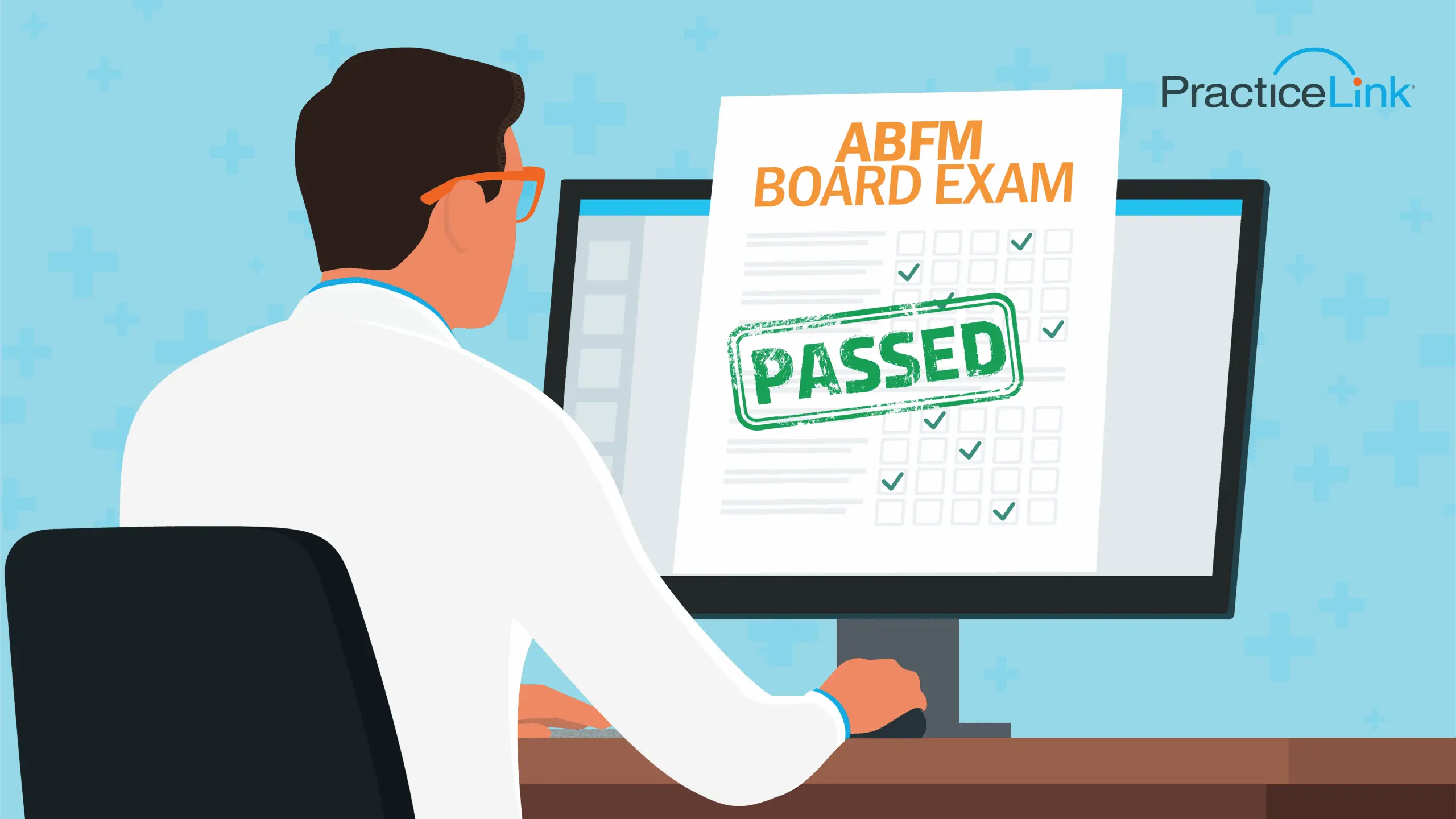What is the pass rate for the ABFM board exam?
By Stephen Leggitt November 18, 2025

What is the pass rate for the ABFM board exam?
Preparing for the American Board of Family Medicine (ABFM) certification exam is a major milestone for family medicine specialists. One of the most frequently asked questions by residents and physicians planning their certification journey is: What is the pass rate for the ABFM board exam? Understanding the exam’s difficulty, scoring system and average scores can help guide your preparation strategy and set realistic expectations.
What is the pass rate for the ABFM board exam?
According to the most recent publicly available data from the ABFM, the ABFM passing score percentage typically falls between 85% and 90% for first-time test takers. For example, in 2022, the first-time pass rate for the Family Medicine Certification Examination was reported at 86.5%.
This relatively high pass rate reflects both the comprehensive training provided during residency and the effectiveness of targeted study tools. However, it’s important to note the pass rate can vary slightly year to year based on exam difficulty and changes to the test format or scoring system.
How hard is the ABFM board exam?
The ABFM exam is designed to be rigorous and comprehensive, assessing a physician’s ability to apply knowledge in real-world clinical situations. Many test takers describe it as challenging due to the breadth of material covered.
So, how is the ABFM exam scored? The exam uses a scaled scoring system that adjusts for slight differences in difficulty between versions of the test. Your raw score (based on how many questions you answered correctly) is converted to a scaled score between 200 and 800. To pass, you must achieve a minimum scaled score of 380.
This scoring model ensures fairness across test administrations while maintaining a consistent standard for passing.
What is a good score on ABFM?
While 380 is the minimum passing score, many candidates aim higher to ensure a comfortable margin of success and to reflect strong mastery of the material.
The average Family Medicine board score for first-time test takers tends to hover around 500 to 520, though this can vary slightly depending on the year and candidate pool. Scoring in this range indicates solid preparation and above-average performance.
It’s worth noting that scoring well above the minimum may also be beneficial for future professional opportunities or if you plan to pursue academic or leadership roles within your field.
What is the passing percentile for the ABFM exam?
Percentile scores can give additional context to your performance. So, what is the passing percentile for the ABFM exam? While the ABFM does not release detailed percentile data for each test administration, it’s estimated a passing scaled score of 380 roughly corresponds to the 30 to 35 percentiles of all test takers.
This means about a third of examinees fall below the passing threshold, underscoring the importance of thorough preparation.
Additionally, Family Medicine board pass rates by program can vary significantly. Top residency programs often boast pass rates exceeding 95%, while others may have lower averages. Reviewing pass rate data for your program (often published by the ACGME or individual institutions) can give insight into how well your training has prepared you.
The ABFM board exam isn’t easy—but it’s very passable with the right tools, mindset and preparation plan. Understanding the scoring system, average performance data and pass rate trends can help demystify the process and put you in control of your study journey.
If you’re getting close to your board exam, now is the time to invest in high-yield review tools, build a structured study plan and evaluate your progress regularly. Pairing high-quality question banks with evidence-based prep strategies is the key to success.
Physicians, ready to boost your chances of passing? Explore all the free information available in the Physician Board Prep and Review section of the PracticeLink Resource Center, including the article “Top 10 resources for preparing for medical boards.”

